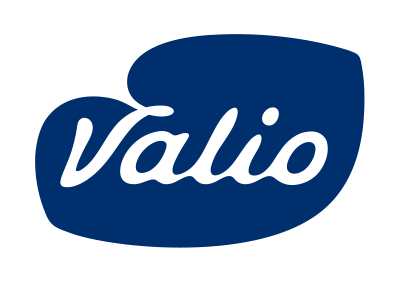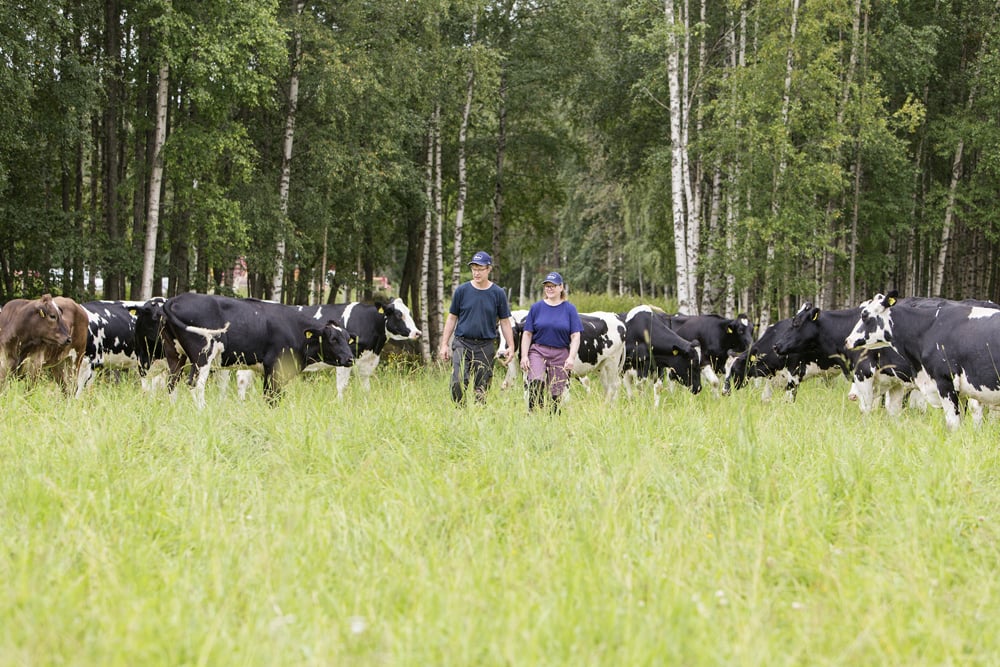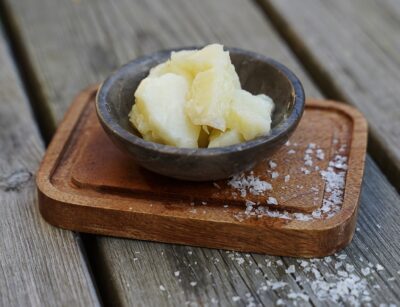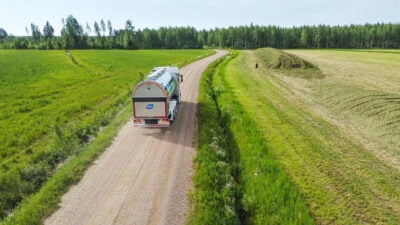Valio’s sustainability bonus programme is being updated as of 1.5.2024. The sustainability bonus programme will continue to focus on improving animal welfare, reducing the carbon footprint of dairy farms, and milk production supporting biodiversity. The update will further increase the emphasis and choice of voluntary actions in the sustainability programme. Valio pays its owner entrepreneurs approx. 50 million euros annually for sustainability programme actions that go beyond legislative requirements.
Valio’s sustainability bonus was last updated in 2023. In addition to the sustainability bonus of two cents per milk litre, dairy farms have been able to receive an additional cent by combining voluntary sustainability actions. Farms are paid the sustainability bonus for actions to improve animal welfare that go beyond legislative requirements, for farming practices that support biodiversity, for cattle grazing and outdoor exercise, and for efforts to reduce the carbon footprint of the farm. 86% of Valio dairy farms committed to voluntary sustainability work.
Going forward, Valio’s sustainability bonus will consist of the basic bonus of 1 cent per milk litre, paid to all dairy farm entrepreneurs, and the additional 2 cents per milk litre for voluntary actions. Receiving the basic bonus requires, e.g., that the dairy farm entrepreneur has joined Naseva, the Centralised Health Care Register for Finnish Cattle Herds, and has a healthcare agreement with a veterinarian who monitors the health of the herd.
From the beginning of May, the new voluntary measures for the sustainability bonus include actions related to animal welfare, farm emission reduction actions, and farming practices that increase biodiversity. In addition, dairy farmers can receive an additional sustainability bonus for actions related to the quality and food safety of the milk they supply, such as an electronic pharmaceutical treatment record.
“The principle of our sustainability programme is that the actions go beyond the requirements of the law. The new Animal Welfare Act came into force on 1.1.2024, and this has also had an impact on the update to our sustainability programme. The law always sets a minimum standard that all farmers must comply with, so Valio’s sustainability programme pays an additional cent only for measures that go beyond the law. In addition, emphasis is placed on the farm’s efforts to reduce emissions and on milk quality,” says Valio’s Ulf Jahnsson, Vice President, Primary Production and Milk Procurement.
”Valio actively monitors, among other things, animal welfare research, the EU debate on animal welfare, and the general societal dialogue on animal welfare. We want to promote solutions that advance animal welfare, health and sustainability on farms. It takes as much time to treat one sick animal on a farm as it does to treat 20 healthy ones. There is a clear correlation between animal health and the workload on farms and thus also the wellbeing of farmers,” notes Sanna Nokka, Development Manager at Valio.
Dairy farms choose the sustainability programme’s voluntary actions for a year at a time, giving flexibility to the entrepreneurs. The most popular choices were actions related to the Carbo® Farm calculator, carbon farming methods, biodiversity and carbon farming training and actions for cattle health monitoring.
Carbon farming actions aim to reduce greenhouse gas emissions from dairy farms and reduce the carbon footprint of raw milk. As soil condition improves, these actions also have a positive impact on crop yields and thus on farm profitability. The climate work actions include participation in carbon farmer training, carbon sequestration farming practices, and using the Carbo® Farm calculator to calculate the carbon footprint of the raw milk produced by the farm.
Carbon farming practices were used on about 1,500 farms in 2023, and carbon farming is already happening on almost 130,000 hectares.




